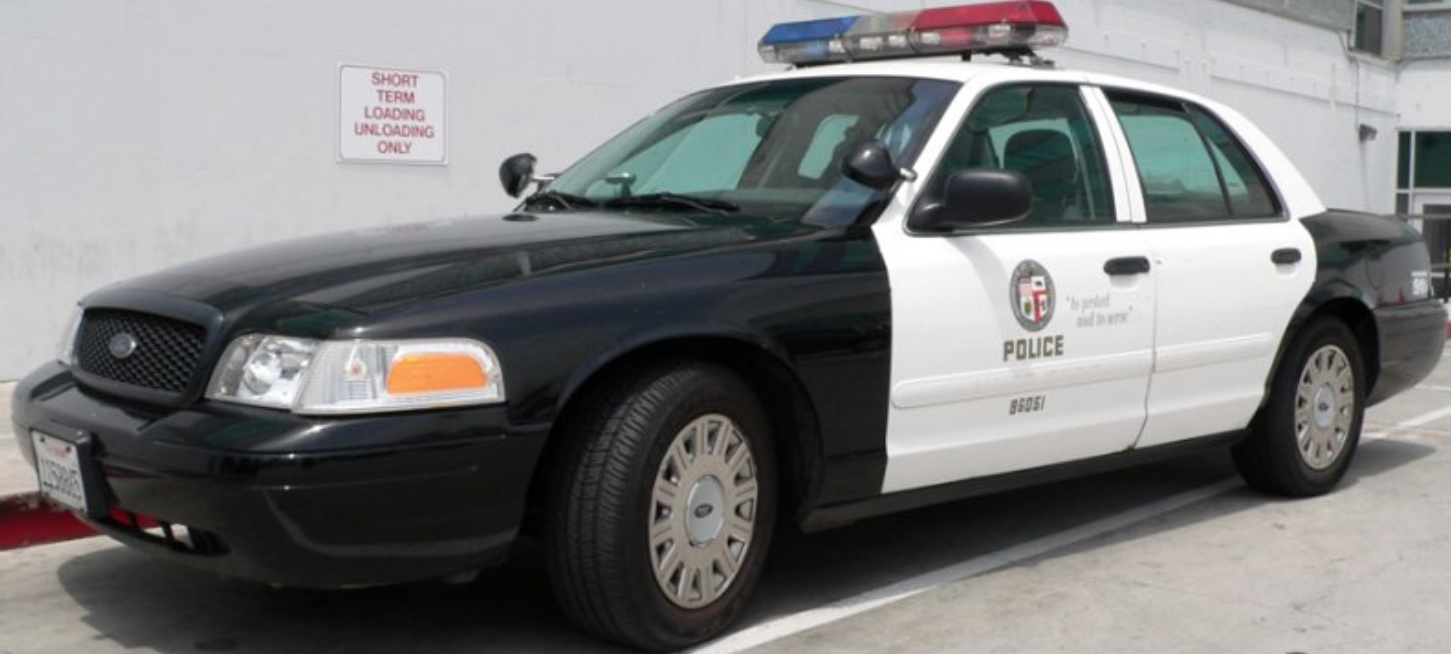At a September Pacific Palisades Community Council meeting, LAPD Officer Kristin Cho warned about scams where local residents have been victims.
In one instance, “Alice,” 65, lost her husband. She found “Mr. Perfect” online. The relationship was only online and then Alice’s newly found love called her desperate because he said he was arrested because someone put drugs on him and he needed $34,000 to get out of jail. She sent it. He disappeared.
Another person was scammed by “Simon,” and sent $66,000. In this case, Simon was arrested and it was discovered that he had multiple victims in several states.
Cho summarized the five most prevalent scams:
1. Romance/sweetheart scams. A resident meets someone on the internet. That scammer is quick to establish a friendship or a strong romantic interest. That person is always available to speak by phone, or via the internet, but never available to meet in person. At some point the “Don Juan” asks for financial help. Do not send money.
2. Grandparent scams. A scammer will call and impersonate a grandchild saying, “It’s me, grandma, I’m in trouble. Can you help me? Please don’t tell mom.” Do not send money or prepaid gift cards. If you get a call, ask the person to call back. In the meantime, call your grandchild and see if he or she is okay.
3. Lottery Sweepstakes Scams. A scammer will call and say, “You’ve just won $1 million! In order to claim the prize (and pay the taxes or for service fees), send $5,000.” Do not send money.
4. IRS Scams. A scammer will tell the resident that he owes the IRS and must pay money now, saying if he does not send it he will be arrested by the police, who are waiting outside. Do not send money. Cho said the IRS will never call to demand immediate payment or threaten to bring in person. At some point the “Don Juan” asks for financial help.
5. Charity Scams. A scammer will falsely solicit funds for good causes. This is common after disasters and scammers are likely to claim that they represent police, firefighters and veterans.
If you have been victimized, stop communicating with the scammer and stop sending money. Contact the LAPD and file a report. Contact your bank and file a fraud claim. Save all receipts for money transfers, withdrawal slips, bank statements, text messages and emails.
Cho emphasized that we should never wire money or purchase prepaid gift cards for someone we don’t know, never pay in advance fully for services and never pay in advance fully to collect winnings.
If you believe you have been scammed, call the Financial Elder Abuse direct line (310) 444-1567 or email Cho at 39748@lapd.online.
Cho also recommends signing up for the “Do Not Call” list at (888) 382-1222.












You must be logged in to post a comment.